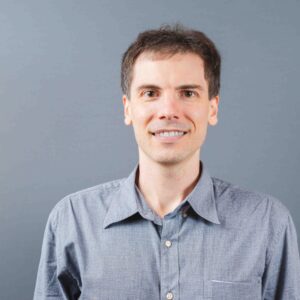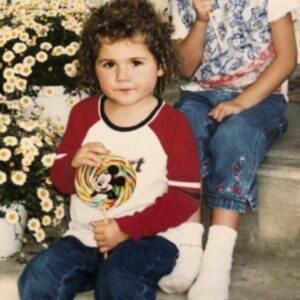
A symbol of hidden disabilities like Autism: Wild Sunflowers in Flagstaff, AZ at 7000 ft elevation. (Jeff Schlueter)
By Jeff Schlueter
Cape Cod Community College will mark World Autism Awareness Day with a special neurodiversity panel discussion on April 2 from 1 p.m. to 1:45 p.m. in the Larusso Solarium (Building 9, second floor). The event aims to bring students, faculty and staff together to celebrate neurodiversity and promote awareness.
According to the event flyer, attendees can expect an “inspiring panel” discussion along with ice cream sundaes, a nod to the uniqueness of individual brains. “No two are alike,” the flyer notes.
“We’re thrilled to be hosting this event,” said Tina Raeke, academic coach and special programs coordinator with the O’Neill Center. “Last year, a student came forward with the idea, wanting to educate the campus about personal experiences with autism. This year, we’re expanding the conversation to include neurodivergence as a whole.”
The panel will feature neurodivergent students, faculty and staff who identify with conditions such as autism, ADHD, dyslexia and other cognitive differences. The goal is to promote a more inclusive campus culture, particularly for neurodivergent students and their professors—an essential part of the O’Neill Center’s mission, the organizers agreed.
Student advocacy played a key role in launching the event. “The student who initially pushed for this event had incredible self-advocacy skills,” said Raeke. “That’s a crucial aspect of neurodivergence; learning to navigate systems and make sure your needs are met.”
The discussion will also address common misconceptions. “One of our main questions is about the misunderstandings surrounding autism and other neurodivergent conditions,” Kotowski noted. “The panelists will have the opportunity to educate the audience based on their personal experiences.”
A frequent misconception is that neurodivergence is purely a challenge rather than a strength. “People with ADHD, for example, often have heightened creativity and problem-solving skills,” Raeke said. “These unique strengths can be incredibly valuable.”
This year’s expanded focus highlights the wide spectrum of neurodivergent experiences and the strengths that come with them. “Neurodivergent individuals bring different perspectives, strengths and ways of thinking that enhance our community,” explained Jaclyn Kotowski, learning disabilities specialist with the O’Neill Center. “By fostering education and sensitivity, we can create more inclusive responses and interactions.”
Kotowski and Raeke agreed that neurodivergent individuals often have four times more “superpowers” than challenges. However, much of their potential is overlooked because the focus tends to be on difficulties rather than extraordinary abilities.
The event promotes neuro-inclusivity—creating spaces where all cognitive styles are respected and accommodated rather than devalued and misunderstood. “To me, neuro-inclusivity is about increasing awareness and understanding of how differences in the human brain manifest in behavior,” Raeke stated.
Panelists will also discuss how 4Cs can improve its neuro-inclusivity. “We’re hoping to hear from panelists about changes they’d like to see,” Raeke said. “We’ll have deans, faculty, staff and student government leaders in attendance, so we’re optimistic that these conversations will lead to real change.”
Beyond campus, the discussion will address challenges neurodivergent individuals face in the workplace. Kotowski and Raeke agreed with the importance of organizational support, including training human resources teams in neuro-inclusivity and integrating it companywide. They also noted that within diversity, equity, and inclusion (DEI) initiatives, neurodivergent individual’s voices are often overlooked unless the committee actively advocates for their inclusion.
The conversation reflects a broader societal shift from viewing neurodivergence as a disability to recognizing it as a form of diversity. “It’s about seeing differences as strengths rather than problems,” Raeke said. “The more we amplify neurodivergent voices, the more progress we’ll make in breaking down barriers.”
The event will conclude with a discussion on how 4Cs can continue fostering neuro-inclusivity. “Many neurodivergent individuals go undiagnosed for years, especially women,” Raeke said. “Creating spaces where people feel comfortable identifying and advocating for their needs is essential.”



